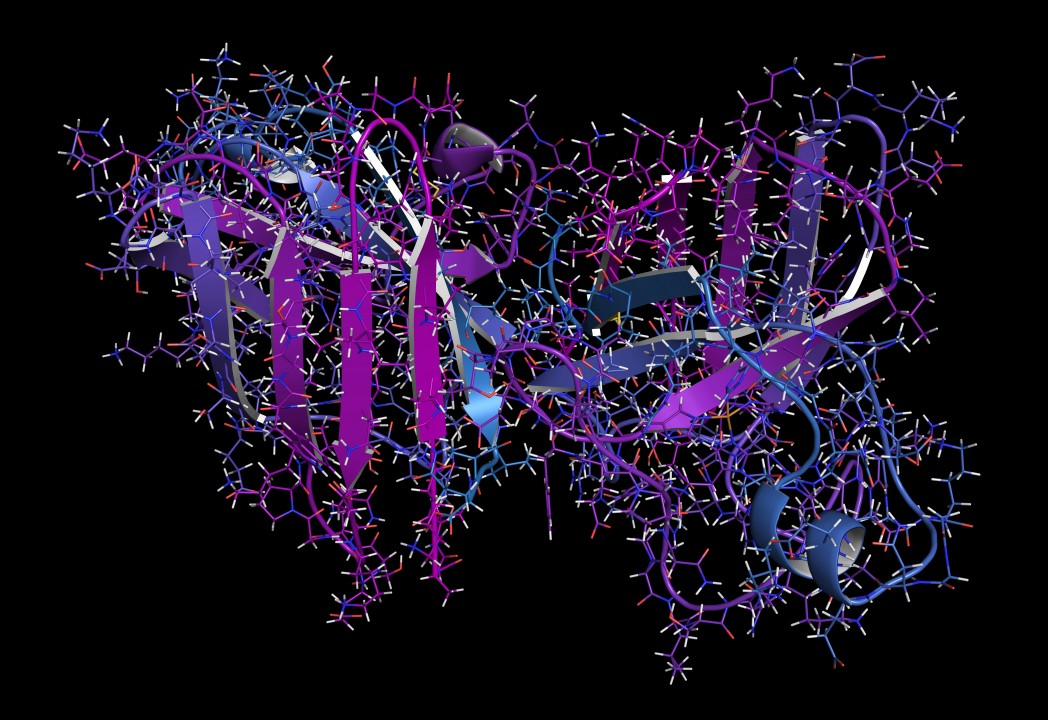UC Researchers Awarded $6.3M to Explore an ALS Stem Cell Therapy Based on Astrocytes

The California Institute for Regenerative Medicine (CIRM)’s Independent Citizens Oversight Committee has approved a $6.3 million grant to fund a research team’s work into a new human embryonic stem cell-based therapy, involving astrocytes, to rescue and restore neurons damaged as a consequence of amyotrophic lateral sclerosis (ALS).
Team members, from the University of California, San Diego (UCSD) School of Medicine, and University of California, Davis, will be led by Lawrence Goldstein of UCSD, a distinguished professor in the departments of Neuroscience and Cellular and Molecular Medicine, and director of UCSD’s Stem Cell Program and Sanford Stem Cell Clinical Center, according to a university press release.
Dr. Goldstein believes that the decline and death of astrocytes — star-shaped glial cells in the brain and spinal cord that promote and support neuronal health — is pivotal to the development and progression of ALS. Cellular and animal studies have demonstrated that the introduction and enhancement of healthy astrocytes — and, possibly, other cell types — to areas where motor neurons are failing considerably improved their survival.
Based on such past research, the team will begin with preclinical studies to develop astrocytes from neuronal stem cells. Proposed clinical trials in ALS patients will transplant neuronal stem cells from an established and well-known human embryonic stem cell line to test if neuronal stem cells develop as astrocytes, and how well they support patients’ dying motor neurons so as to extend their life and function.
“Maintaining motor neuron survival would add years of fulfilling life to ALS patients,” Dr. Goldstein said.
While there are palliative therapies for ALS, none are effective at slowing or mitigating disease symptoms.
“A lot of people and institutions are working on ALS to understand it and resolve it at a cellular level, often targeting the motor neurons themselves. That’s good,” Dr. Goldstein said. “Our view is that it’s critically important that we develop an aggressive set of cell therapy programs so that we have multiple ‘shots on goal’ in parallel. We need to attack the disease from as many angles as possible.”
The work will be done at UCSD Health’s Alpha Stem Cell Clinic, one of the three alpha clinics in the statewide CIRM network established to create an infrastructure supporting clinical trials into stem cell research and therapies.






